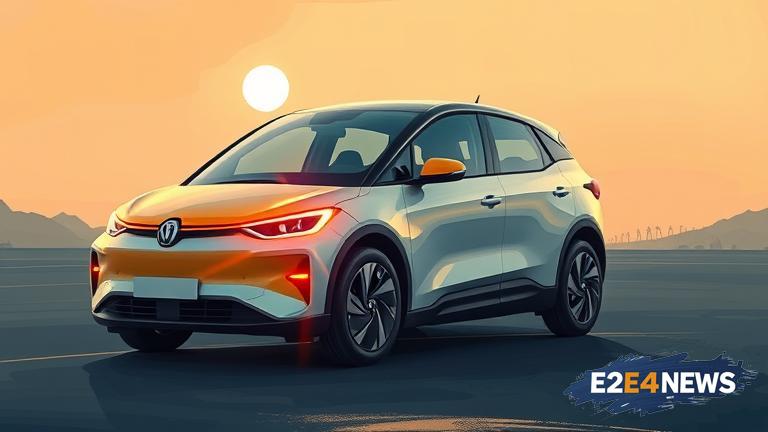The Indian government has announced a comprehensive plan to promote the adoption of electric vehicles (EVs) in the country. The plan includes a range of incentives and initiatives aimed at encouraging the use of EVs, reducing greenhouse gas emissions, and improving air quality. According to reports, the government plans to offer subsidies to EV manufacturers, as well as to consumers who purchase EVs. The subsidies are expected to be in the form of tax exemptions, rebates, and other incentives. Additionally, the government plans to invest in the development of EV charging infrastructure, including the installation of charging stations along highways and in urban areas. The plan also includes measures to promote the use of EVs in public transportation, such as buses and taxis. The government has set a target of having at least 30% of new vehicle sales be electric by 2030. To achieve this goal, the government plans to work with state governments, industry stakeholders, and other organizations to create a supportive ecosystem for EVs. The plan also includes measures to promote research and development in the EV sector, including the establishment of research centers and testing facilities. Furthermore, the government plans to provide training and education programs for workers in the EV industry, as well as for consumers who are interested in learning more about EVs. The plan is expected to have a significant impact on the environment, as EVs produce zero tailpipe emissions and can help reduce air pollution in urban areas. The plan is also expected to have economic benefits, as it can help reduce the country’s dependence on fossil fuels and create new job opportunities in the EV sector. The government has already started taking steps to implement the plan, including the launch of a new EV policy and the allocation of funds for EV-related initiatives. The plan has been welcomed by industry stakeholders, who see it as a major step forward in promoting the adoption of EVs in India. However, some experts have raised concerns about the challenges that need to be addressed in order to achieve the government’s targets, such as the lack of charging infrastructure and the high cost of EVs. Despite these challenges, the government remains committed to its goal of promoting the adoption of EVs and reducing the country’s carbon footprint. The plan is part of a broader effort by the government to promote sustainable development and reduce the country’s dependence on fossil fuels. The government has also announced plans to increase the use of renewable energy sources, such as solar and wind power, and to promote energy efficiency in buildings and industry. The plan to promote EVs is expected to have a significant impact on the country’s transportation sector, which is currently dominated by fossil fuel-powered vehicles. The government has also announced plans to promote the use of EVs in rural areas, where they can help reduce emissions and improve air quality. Overall, the plan to promote EVs is a major step forward in India’s efforts to reduce its carbon footprint and promote sustainable development. The government’s commitment to promoting EVs is expected to have a significant impact on the country’s environment, economy, and transportation sector. The plan is a key part of the government’s efforts to achieve its climate change goals and to promote sustainable development. The government has also announced plans to work with other countries to promote the adoption of EVs and to share best practices in the sector. The plan to promote EVs is expected to create new job opportunities in the EV sector and to stimulate economic growth. The government’s commitment to promoting EVs is a major step forward in India’s efforts to reduce its dependence on fossil fuels and to promote sustainable development.





